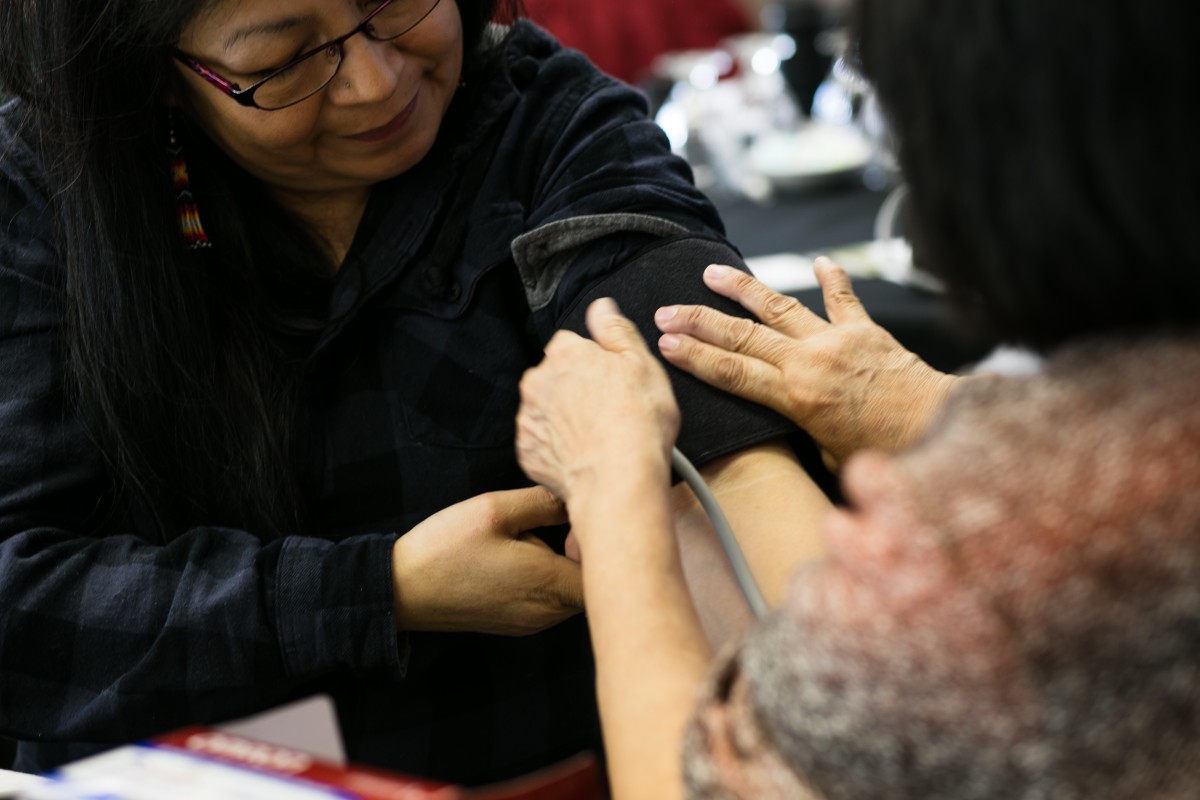
What does a CHW do?
The roles and responsibilities for a CHW vary greatly depending on the program, intervention, health service and health infrastructure. CHWs can perform general tasks which include health promotion, health education, home visits, management of childhood illness, immunizations, family planning, environmental health, surveillance and control of communicable diseases, chronic disease management, nutrition education and surveillance, mental health and addictions support, community outreach activities, case-finding and referrals, as well as general record keeping or data collection [1]. CHWs can also be responsible for the treatment of acute illness and injuries. In Alaska, the CHWs (called community health aides or practitioners) provide all of the primary care to rural and remote communities.
CHWs can also be employed in specific areas or for specific interventions. Internationally, there are several key areas which have utilized specialist CHWs to deliver health services. Maternal and child health, including family planning has been a significant area of focus in Pakistan, India, as well as Malawi. An example of this program is mothers2mothers, which is located in several countries including Malawi, Uganda and South Africa. The CHWs from mothers2mothers, called Mentor Mothers, act as peer mentors and provide support, counselling and education to prevent the transmission of HIV from mother to child. Other programs are also peer-based, such as the Dignitas International expert client program in Malawi.
Specialist CHWs have also been utilized in the prevention, treatment and control of tuberculosis, other respiratory infections and HIV/AIDS. Community health assistants in Zambia spend a significant amount of time on malaria control, particularly during the rainy season.
[1] Ofosu-Amaah V (1983). National experience in the use of community health workers. A review of current issues and problems. WHO Offset Publ, 71:1–49.
